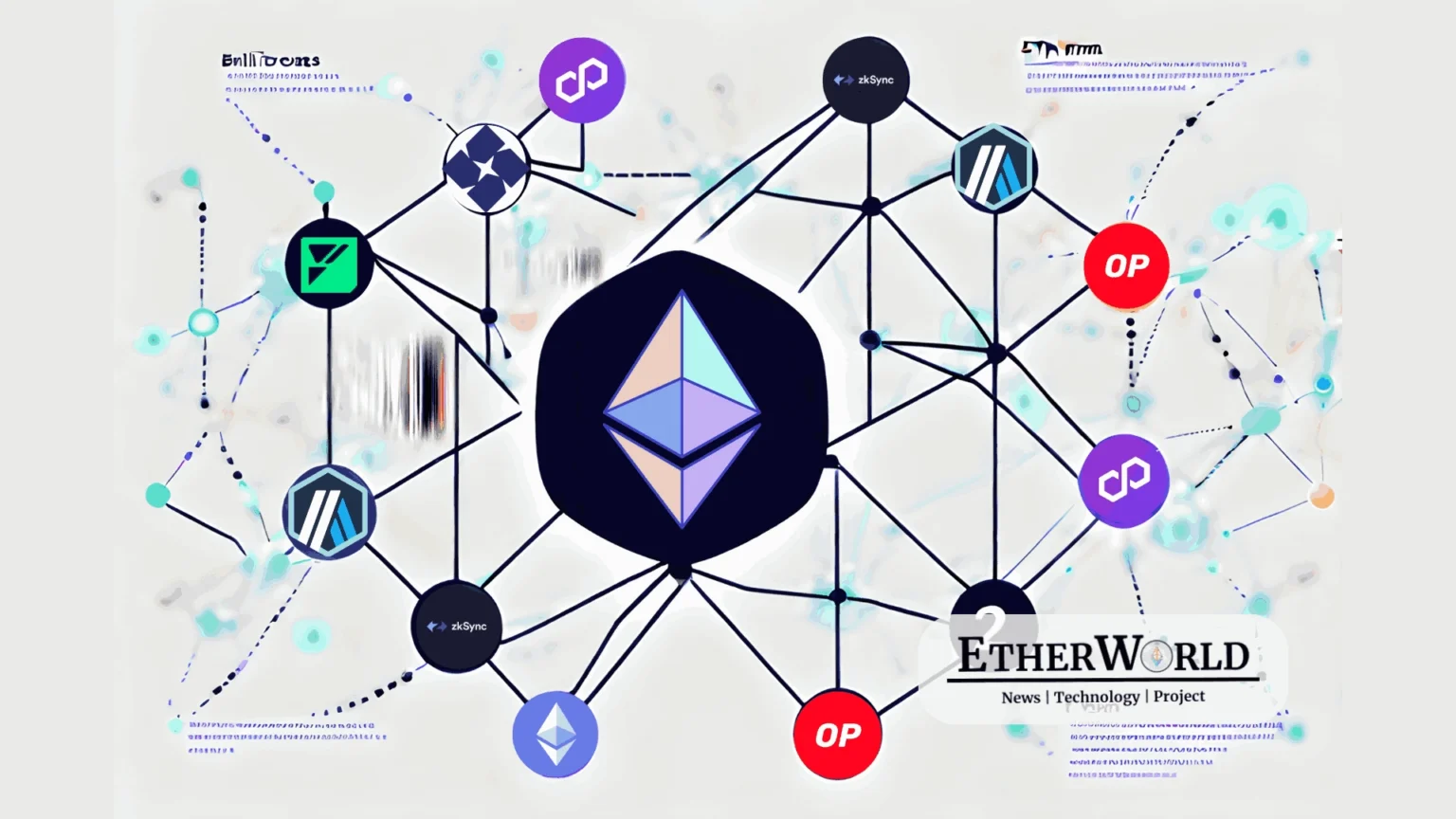Did Vitalik Buterin Just Pick a Side? Inside Ethereum’s Layer-2 Loyalty Test
In the rapidly evolving landscape of blockchain technologies, Ethereum stands as a behemoth, continually pushing the boundaries of what decentralized platforms can achieve. At the core of this expansion and innovation is the implementation of layer-2 solutions, designed to enhance scalability and efficiency by handling transactions off the main Ethereum blockchain (layer-1). However, amidst this technological proliferation, a pressing question has emerged: Has Ethereum’s co-founder, Vitalik Buterin, picked a side among the competing layer-2 solutions? This question is more than just casual crypto chatter; it’s a pivotal moment in Ethereum’s journey towards widespread adoption and technological dominance.
The Layer-2 Landscape
Before delving deeper into Vitalik’s potential allegiance, it’s crucial to understand the layer-2 landscape. These solutions primarily aim to reduce congestion on the main Ethereum network, thus lowering transaction fees and increasing throughput. Among the myriad of solutions, Optimistic Rollups and Zero-Knowledge Rollups (ZK-Rollups) are prominent. Each comes with its own set of advantages and technical nuances. Optimistic Rollups assume transactions are valid by default and only run computations in the event of a challenge, while ZK-Rollups perform computations off-chain and submit a cryptographic proof to the blockchain.
Vitalik’s Views and Statements
Vitalik Buterin has been vocal about his views on the importance of scaling Ethereum through layer-2 solutions. His writings and speeches often emphasize the need for a robust, scalable network that can support the burgeoning demand for decentralized applications. However, Buterin’s recent remarks seem to subtly underscore a preference, hinting at a deeper endorsement of one technology over the other.
During a recent developer’s conference, Buterin applauded the advancements in ZK-Rollups, highlighting their potential in not only managing simple transactions but also complex smart contracts. He noted the “elegance” of their cryptographic underpinnings and their lower reliance on fraud proofs, which could potentially offer a smoother user experience and better security guarantees.
The Implications of Choosing Sides
If Vitalik Buterin is indeed favoring ZK-Rollups, the implications for the Ethereum ecosystem could be profound. First, it might influence the direction of funding and support for research in layer-2 technologies, possibly swaying developer interest towards ZK-Rollups. This could also affect the adoption strategies of existing decentralized applications and could sway new projects in deciding which layer-2 solution to integrate.
Moreover, Buterin’s sway in the community is undeniable. His opinions not only reflect his vision but also guide market sentiment. A clear endorsement could lead to a consolidation of efforts around ZK-Rollups, potentially leading to faster and more focused technological advancements.
Developer and Community Reactions
The Ethereum developer community has reacted to Buterin’s apparent preferential statements with both optimism and caution. Some developers see this as a clarion call to rally around ZK-Rollups, intensifying efforts on their development and deployment. Others caution against placing all bets on one single solution, citing the need for a diversified ecosystem that encourages innovation and provides multiple paths to scalability.
Conclusion
As Ethereum continues to mature and face competition from other blockchains, the development and adoption of layer-2 solutions will likely play a critical role in its evolution. While Vitalik Buterin’s recent remarks suggest a possible preference for ZK-Rollups, it is essential to recognize that the landscape is fluid and multifaceted. Ethereum’s strength lies in its vibrant community and open-ended innovation. Whether or not Buterin has picked a side, his influence is undeniably shaping the future trajectory of Ethereum’s layer-2 development. As always, the ultimate loyalty in the blockchain space does not rest with a single leader or technology but with the broader vision of decentralization and user empowerment.








